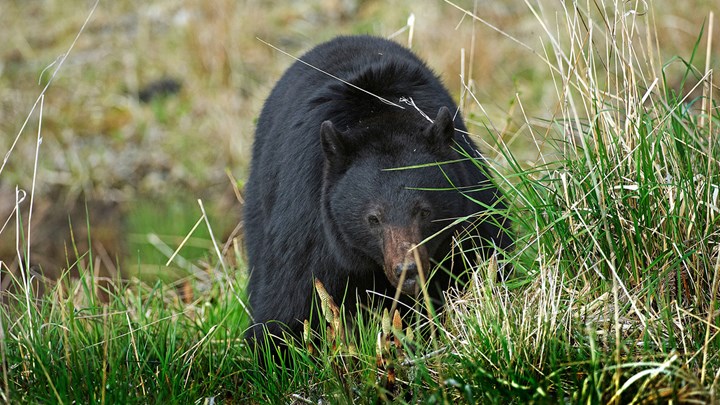
by Erin C. Healy - Thursday, April 18, 2024

The recovery of black bear numbers in Louisiana is yet another conservation success story. In the late 1800s and early 1900s, the combination of overhunting and loss of habitat due to deforestation for wood products and clearing for agriculture threatened the species. By 1992 the Louisiana black bear required protection from the federal Endangered Species Act (ESA). Since then, a concerted effort by all stakeholders—the Louisiana Wildlife and Fisheries Commission (LWFC), private landowners, the U.S. Fish and Wildlife Service and Louisiana hunters—have brought black bear numbers in the Bayou State from approximately 600 to more than 1,200, a conservative count.
In 2016, the species was removed from the ESA threatened list, despite suits at the federal level by anti-hunting organizations such as the Sierra Club and the Atchafalaya Basinkeeper and at the state level by the Humane Society of Louisiana. Fortunately, support for a well-managed and science-based black bear hunt in the northwest corner of the state especially was approved by members of the Louisiana Wildlife and Fisheries Commission (LWFC) at the monthly meeting held April 9 in Baton Rouge. The amended Notice of Intent details the season’s regulations.
To start, the black bear hunt will run from the first Saturday in December through the Sunday following the third Saturday in December. So, this year’s season will be from Saturday, Dec. 7 through Sunday, Dec. 22. The hunt will be lottery-based in three categories: Wildlife Management Areas, Private Landowners and General. Black bear hunting will only be open to properly licensed Louisiana hunters who are hunter-safety-certified and who have undergone an LWFC black bear training course.
Despite black bears becoming problematic in seven management areas, this hunt will only take place in Louisiana Black Bear Management Area Four, which includes Tensas (the parish with the highest black bear population) along with Madison, East Carroll and West Carrol parishes and the portions of Richland, Franklin and Catahoula parishes that lie west of U.S. Highway 425. Although black bears in the state do not go through a true hibernation per se, they do go through a dormancy period of carnivoran lethargy. The hunt is scheduled during this denning period to protect sows and cubs, which will be illegal to harvest as is the case in other states.
Only 10 tags will be issued this first year. Many farmers and hunters estimate the recovery number of 1,200 to be low. In fact, bears have become a nuisance, despite the state’s Bear Wise program to educate the public on how to live with bears. Reports of human-bear encounters continue to rise. Agricultural landowners see their crops eaten by black bears, and deer hunters, especially, are encountering increasing numbers of bolder bears, including one who had a healthy specimen climb his deer stand ladder.
Only landowners will be allowed to transfer any allotted tags they receive. General hunters will be allowed up to five (one per year) preference points for future hunts. Only still-hunting is allowed; no dogs. Baiting is permitted up to two weeks prior to the season opener and ends on the last day of the season. Nothing that attracts deer can be utilized. A complete list of approved baits will be included in the LWFC black bear training course. Approved firearms include centerfire rifles of .25 caliber or larger, rimfire rifles of .30 caliber or larger and breech-loading shotguns of 10-gauge and smaller using slugs. Muzzleloading, pneumatic and archery hunters are all included. Successful youth applicants must attend the training and remain within arm’s reach of a supervising hunter.
For the complete list of LWFC bear hunting rules, click here.
E-mail your comments/questions about this site to:
[email protected]
